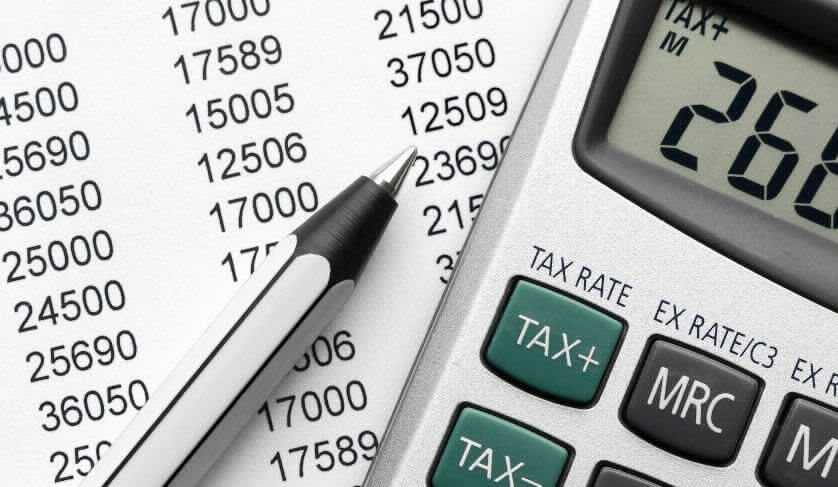Why economic data is the best way to determine a property hotspot
As buyers’ agents, Simon Pressley and his team in Propertyology do more than just help property investors find the right property for them — they also analyse data and crunch numbers to determine prime real estate markets that could ultimately catapult their clients to success.

Simon identifies their business as a property market research company, first and foremost. “But you can't make money until you physically buy something tangible, so we combine the market research with buyers' agencies,” he explained.
Many of the reports that they produce on a daily basis refer to property-specific data, which are basically “reflections of the past,” including information on vacancy rates, changes in median house prices and the like.
However, for the entire team, the most useful data in determining the possible future conditions of the different property markets is economic data.
Simon said: “At the end of the day, when we're investing in property, we're investing in shelter. It's a commodity, and wherever there's demand for more jobs in the future, there's going to be demand for more shelter, to put it simplistically, [and] wherever shelter is more affordable, it's more accessible… there's more people that can potentially compete for the purchase of individual pieces of shelter.
“So, property economics, that's where our heads are in all day, every day.”
The managing director said that it is never one piece of information that helps them arrive at a single decision of whether or not an area is good for property investment.
While they cannot definitely predict the future of Australian property markets, they do their best to collate as much relevant information as they could, which could paint a picture of possible futures, whether good or bad.
The process of determining ‘hotspots’
In 2014, Propertyology deemed Hobart as a prime real estate market — three years before it was actually considered by most investors as one of the hottest markets in Australia, with 15.2 per cent growth in the last financial year.
“When you also factor in that Hobart has a higher rental yield than literally any capital city in Australia, the total return on investment is probably about 3 or 4 per cent better than the second-place location, [which is] Melbourne now,” Simon said.
Before Hobart was a property hotspot, no one would even have contemplated about investing in real estate in the area because the market back then was “as flat as a pancake”.
However, Propertyology worked hard to understand the drivers behind the area’s economy, going on to filter relevant data in order to make an educated prediction about the possible futures of these industry drivers.
Simon explained: “We could foresee Hobart's economy improving, which affects demand for housing at the end of the day. It's always been Australia's most affordable capital city, so I'd tick that box, especially in a climate where interest rates are rising and credit's getting harder for us to get — we thought that was a good ingredient.
“Then we looked from a supply side of things. While the market itself has been flat, rents have been trending up still a little bit, vacancy rates were low, and most importantly, when we dug into the housing supply pipelines — they're the things that [we]ren't built yet but the construction industry were planning on doing — that was still low.”
Trusting their research, the company decided to pursue Hobart and encourage their clients to invest in the flat market. Three years later, the investors who got in early have already achieved 20 per cent to 25 per cent growth in asset value.
According to Simon: “We were benefiting from little to no competition, so it meant we could pick the best properties, we could negotiate even lower discounts off the purchase price, and then we sit back and wait for that economic activity to unfold, which it has done… We think that the Hobart market is absolute cherry-ripe ready to continue along that trend for some period of time.”
Had they picked locations based on historical property data or census data, Simon believes that they could not have possibly predicted the rise of the Hobart property market.
“That would look pretty bland or very uninspiring, so [it’s really all about] understanding economics and how that influences us as professional property investors,” he said.
Smart Property Investment’s Phil Tarrant encourages property investors to find good and reliable property professionals to help them navigate their way through the vast and often unpredictable field of property investment.
Companies like Propertyology conduct sophisticated research and interpret data that will be necessary to understand the markets — an added value that, for many successful investors, is definitely worth its weight in gold.
“You need to have a lot of skills to be able to understand what data you need [and] make a judgement… That's why people go to people like [Simon] — for that advantage in the marketplace,” Phil concluded.
Tune in to Simon Pressley’s episode on The Smart Property Investment Show to know more about the inside track on current market conditions as well as a forecast for what’s to come.
